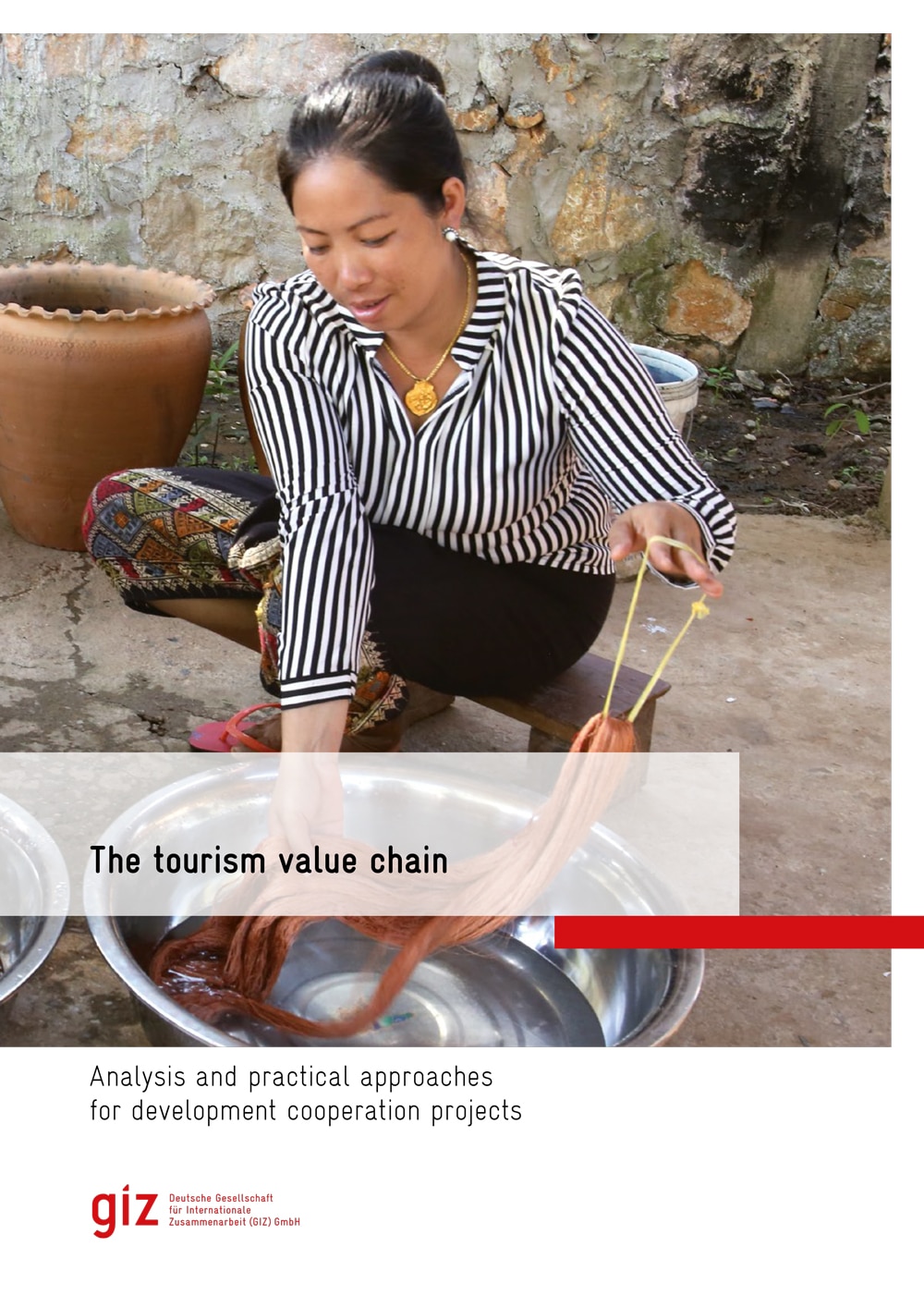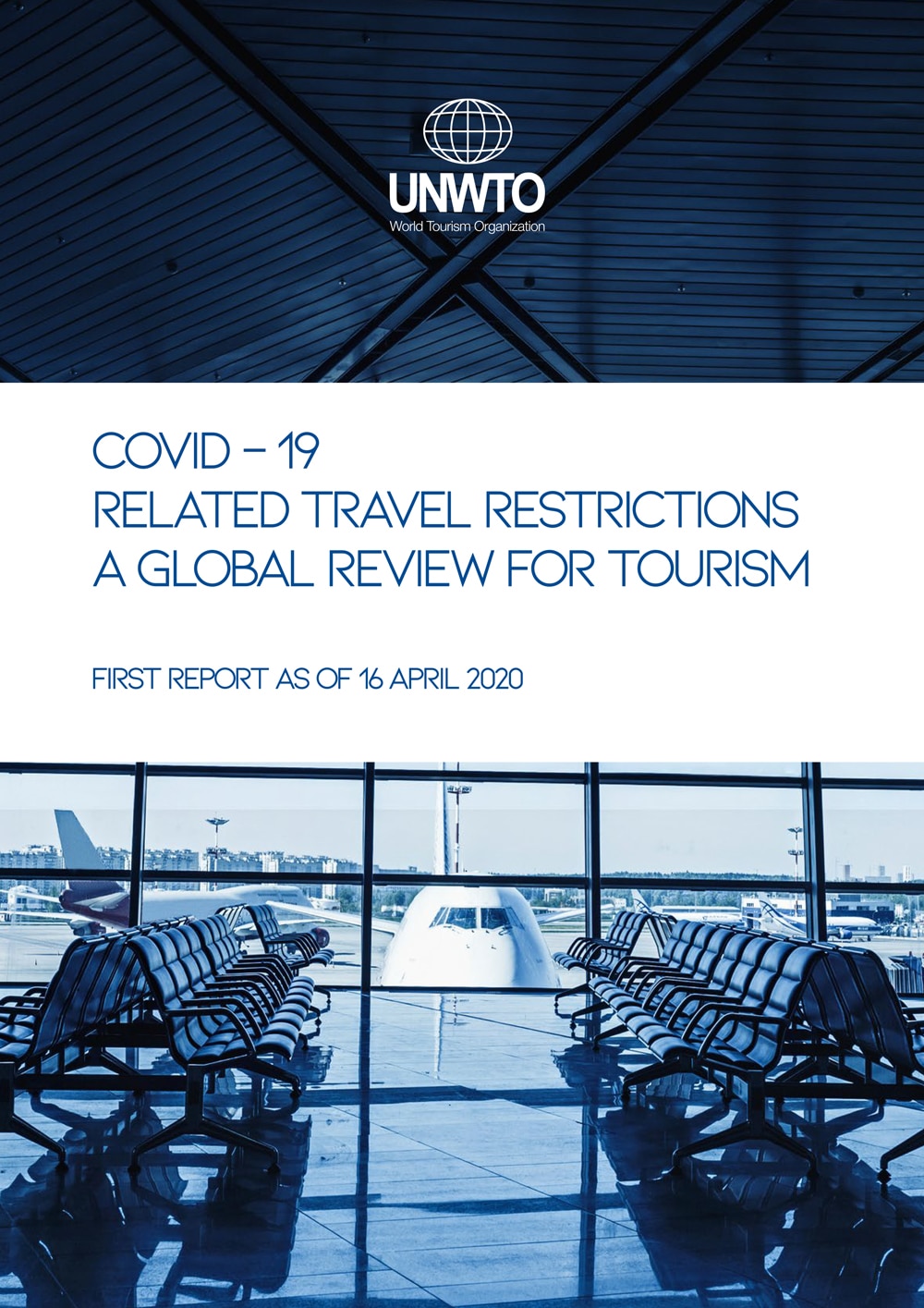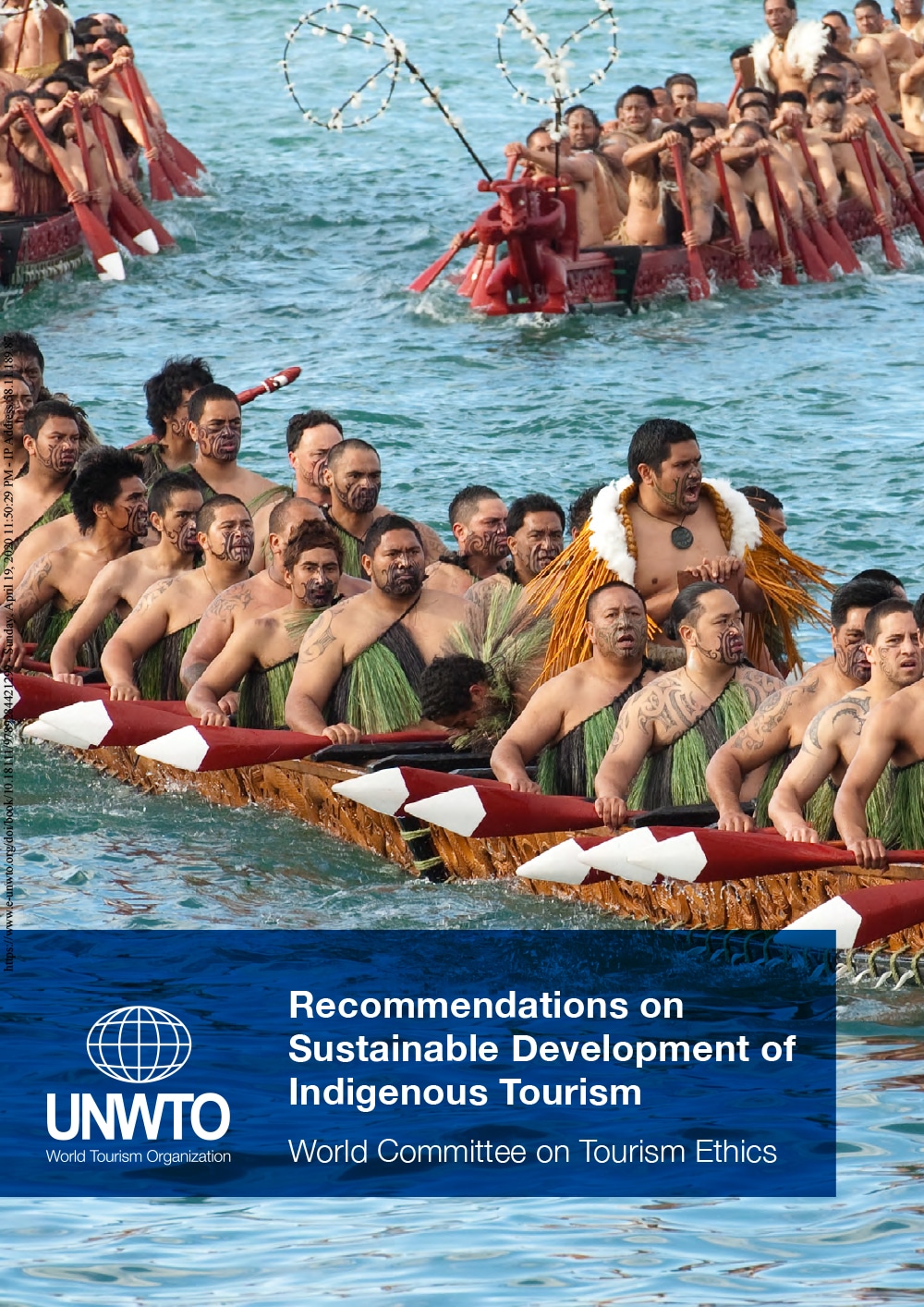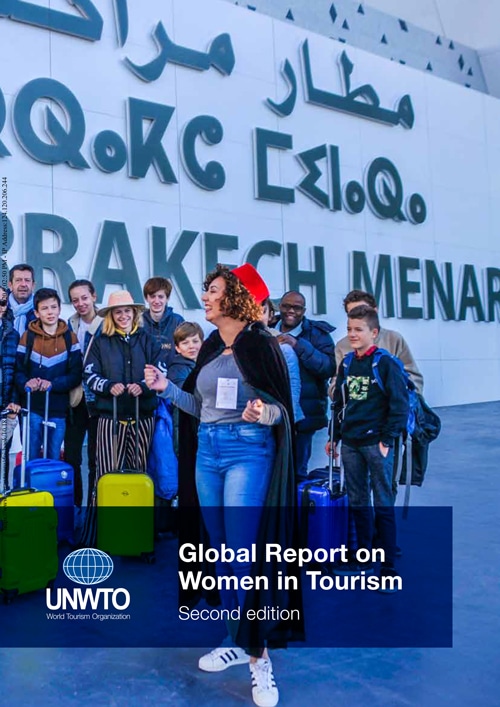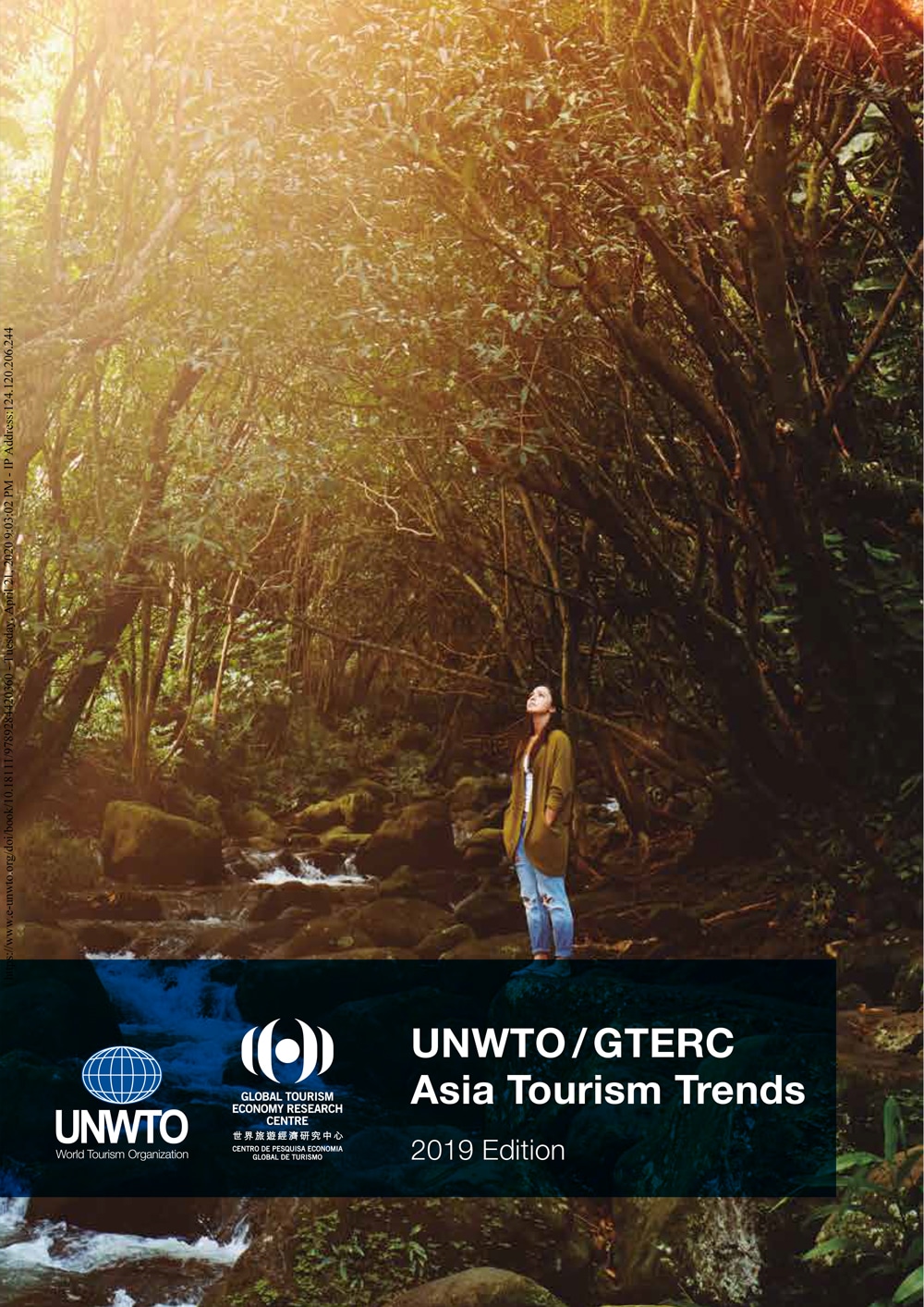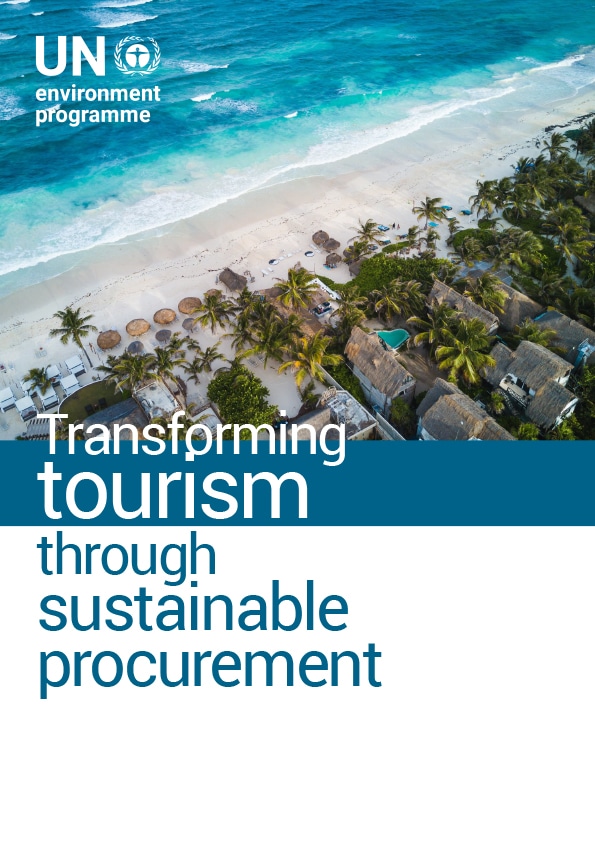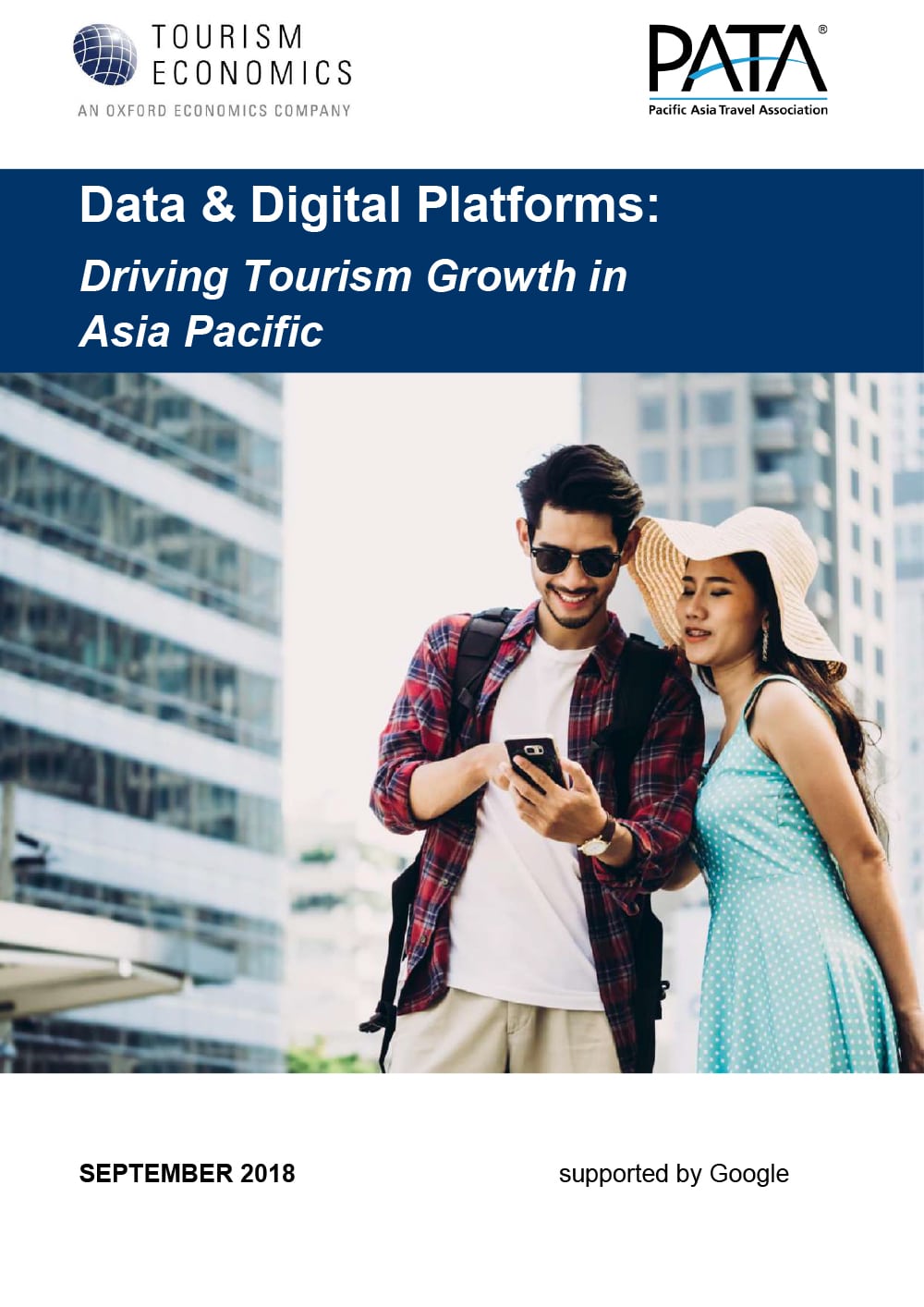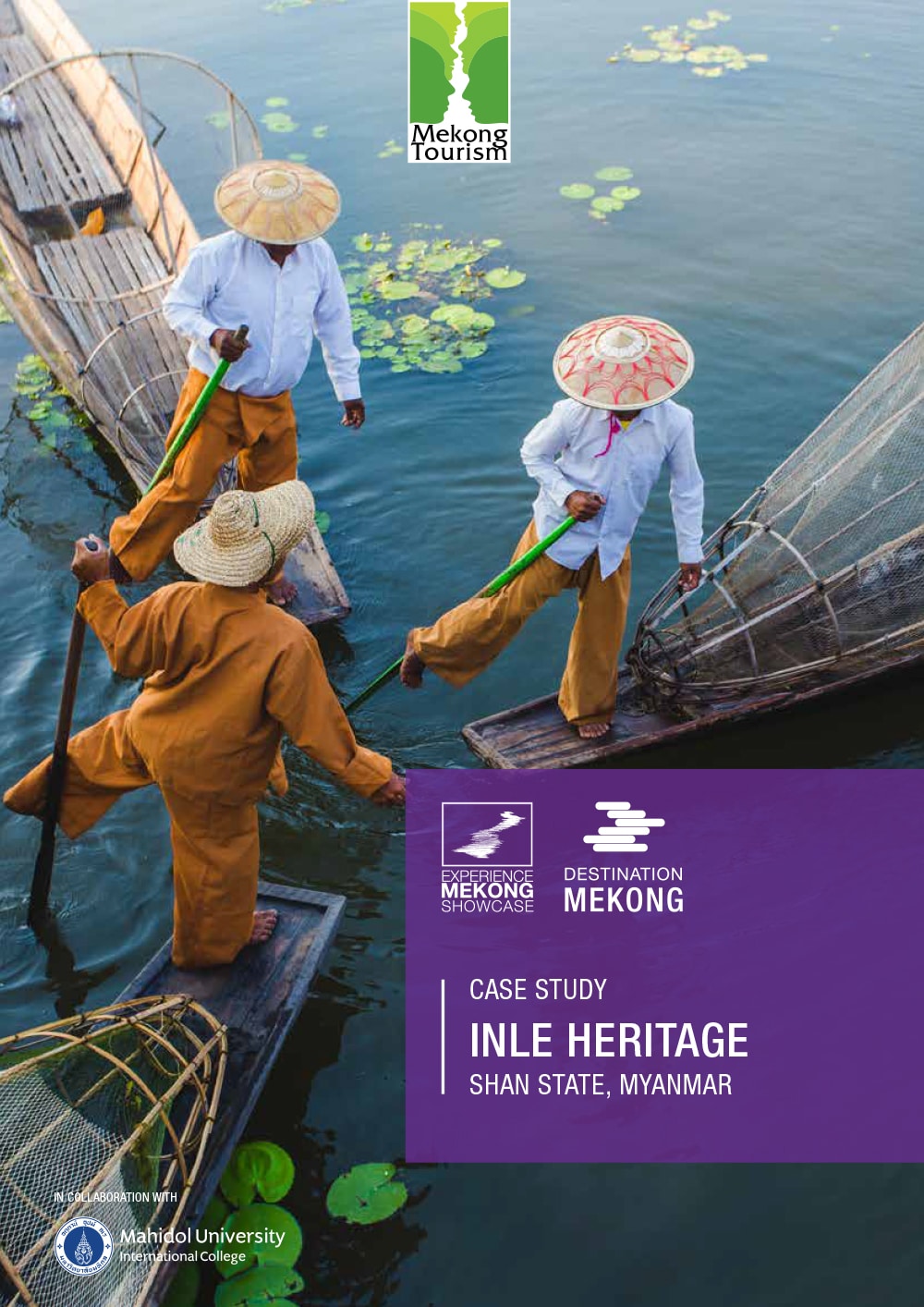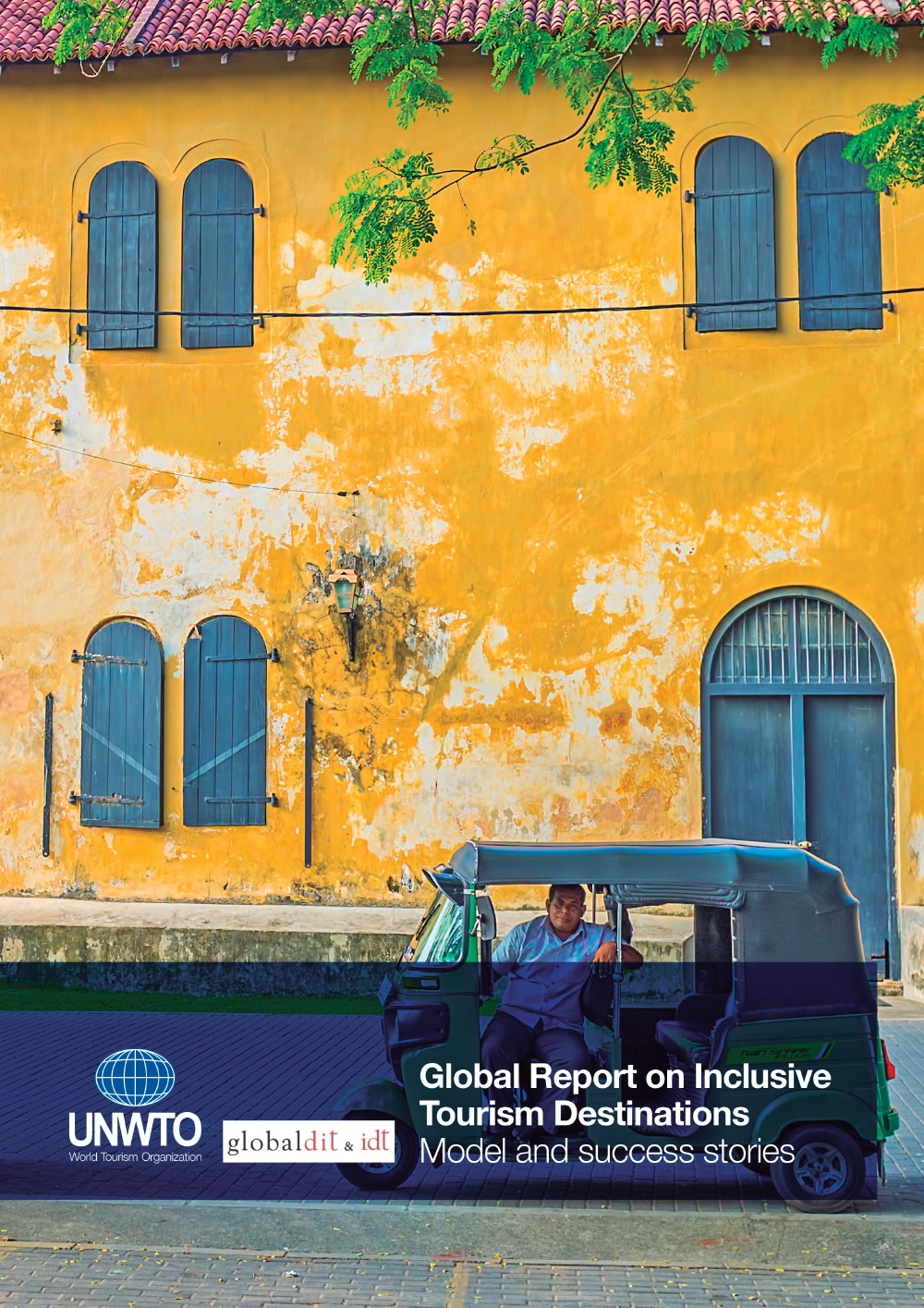Sustainable and responsible tourism can be used as a versatile instrument for sustainable development in international development cooperation. The approach presented in this hand book is based on the proactive design and management of tourism value chains in partner destinations.
Continue readingCOVID-19 Related Travel Restrictions a Global Review for Tourism
The overall purpose of this interim report is to provide information on the implementation of travel restrictions by governments as one of the means to address the global health crisis of COVID-19. It shall help to better understand the overall process, from the issuing of travel restrictions and their evolution over time to their date of lifting, including references to the different categories of applied restrictions among other details.
Continue readingRecommendations on Sustainable Development of Indigenous Tourism
Indigenous peoples are characterized by some of the richest, most unique and diverse cultural expressions of humankind which have developed over thousands of years across our planet and are spiritually linked to indigenous traditional lands. These expressions represent a clear pull factor for potential tourists who wish to experience indigenous natural and cultural heritage in physical, intellectual and emotional terms.
Continue readingGlobal Report on Women in Tourism
The aim of the Global Report on Women in Tourism – Second Edition, is to examine the key factors that contribute to gender equality in the tourism sector. It pinpoints challenges and identifies ways to mitigate inequality and harness tourism’s potential to advance gender equality and women’s
empowerment worldwide.
UNWTO/GTERC Asia Tourism Trends
In the 6th year of publication the UNWTO/GTERC Asia Tourism Trends, 2019 Edition comprises four specific chapters. As in the past editions, chapter 1 is dedicated to international tourism trends in Asia and the Pacific in their global and regional dimensions, with an overview the region’s socioeconomic environment.
Continue readingTransforming tourism through sustainable procurement
Globally, the tourism industry already accounts for an average of 9 per cent of nations’ gross domestic product (GDP), and its importance is bound to increase even more. The United Nations World Tourism Organization projects international tourist arrivals to increase from 1.1 billion in 2014 to 1.8 billion in 2030. For many developing countries tourism is a key pillar of national development contributing to growth, employment, investment as well as technology dissemination. In many small island developing states (SIDS), it accounts for up to 25 to 60% of national GDP.
Continue readingData & Digital Platforms: Driving Tourism Growth in Asia Pacific
Destinations in the Asia Pacific region can maximise tourism growth, and in turn job creation, by expanding their online presence. As travellers organise
trips online more frequently, destination management organisations and businesses should leverage available tools and digital platforms to engage with them throughout the planning process. Data generated by online interactions can be leveraged to further drive innovation and growth. There are opportunities to generate over 9 million new jobs in the region. This would stimulate GDP growth by up to an additional 1% destination-by-destination with an average 5% rise in the Travel & Tourism sector.
Case Study Inle Heritage
Inle Heritage, a nonprofit organization founded in 2009, is located at the Innpawkhon Village in Myanmar. The main purpose of the organization is to preserve the cultural and natural richness of the Inle Region, which is located at the western edge of the Shan plateau in eastern Myanmar. Inle Heritage does not rely much on donations. The organization finances its projects to preserve the ecological system and the cultural heritage of Inle Lake through revenue-generating activities
Continue readingGlobal Report on Inclusive Tourism Destinations
This Global Report: Inclusive Tourism Destinations has been drawn up by the team of the globaldit firm with the World Tourism Organization. It sets out a Model for inclusive tourism destinations from a supply point of view, in which inclusion refers to the capacity of the tourism system to integrate disadvantaged groups so that they can participate in, and benefit from, tourism activity. The model is made up of a set of principles, definitions and public policy tools that have proved to be appropriate in various places and contexts for improving access to tourism activities for the most disadvantaged groups in society, converting them into suppliers of tourism services or suppliers to the sector.
Continue reading
